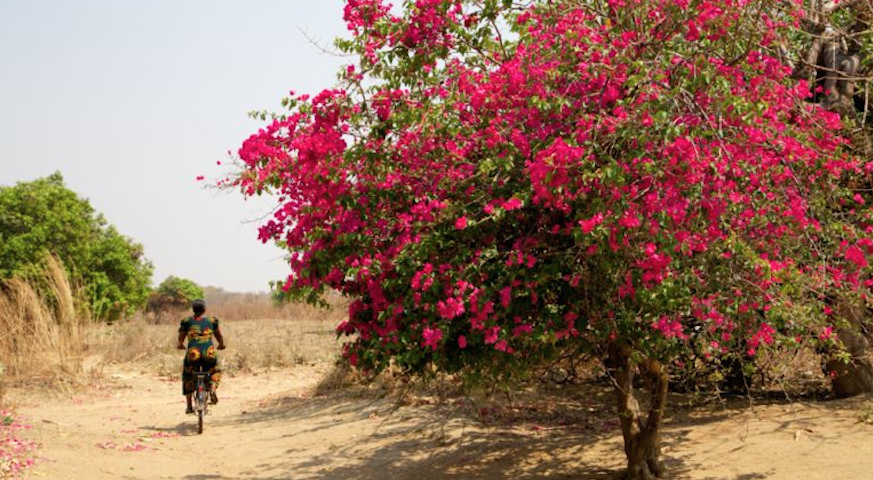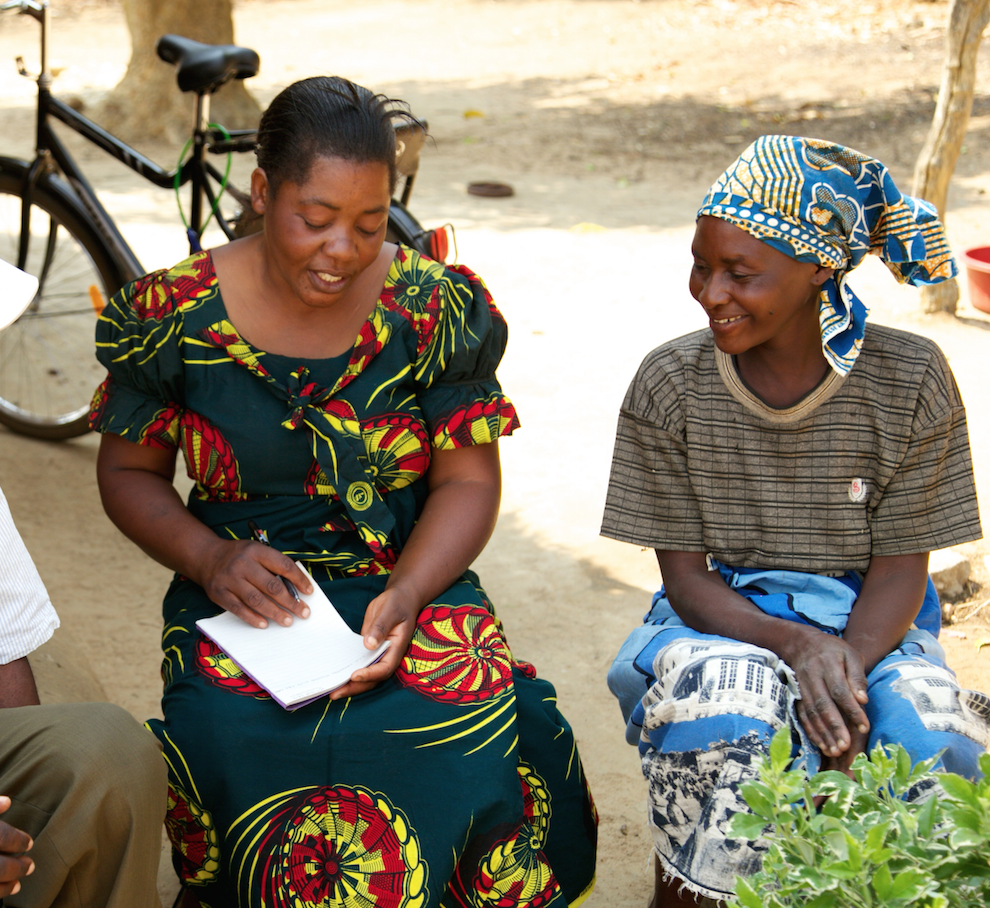
World Bicycle Relief: Removing Distance as a Barrier to Advancement
By AdministratorWorld Bicycle Relief, our current Poverty and Health beneficiary, empowers people to access education, healthcare, and livelihood by providing mobility through the power of bicycles. In many rural areas of the developing world, walking is the only mode of transportation available. Acquiring a bicycle has an immediate benefit for a person’s access to goods and services–a benefit which reverberates in their future and their community. World Bicycle Relief (WBR) provides bicycles to individuals in Africa, South America, and Southeast Asia, and trains local mechanics and assemblers to support the local distribution programs providing economic opportunities.
 A bicycle increases an individual's carrying capacity by five times, increases their distance by four times, and saves three hours for every ten miles traveled, compared to walking. When those numbers are multiplied by almost 50,000 bicycles that WBR disturbed in 2016, their impact becomes clear. In 2016, they also trained mechanics in nine countries to service those bicycles.
A bicycle increases an individual's carrying capacity by five times, increases their distance by four times, and saves three hours for every ten miles traveled, compared to walking. When those numbers are multiplied by almost 50,000 bicycles that WBR disturbed in 2016, their impact becomes clear. In 2016, they also trained mechanics in nine countries to service those bicycles.
 Take for example, Royce. Royce is a caregiver in rural Zambia. Before receiving her bicycle, she could only reach a maximum of four people a day to give treatment to HIV/AIDS patients, the elderly, and vulnerable children. Now, that number is up to eighteen. For fifteen-year-old student Ethel, her bicycle means a two hour commute to school each way was cut to forty-five minutes. Before she had the bicycle, she didn’t have time to study. She had to get up very early to do her house chores before leaving, and she returned from school too late to study. Now, her dream of becoming a nurse is so much more possible.
Take for example, Royce. Royce is a caregiver in rural Zambia. Before receiving her bicycle, she could only reach a maximum of four people a day to give treatment to HIV/AIDS patients, the elderly, and vulnerable children. Now, that number is up to eighteen. For fifteen-year-old student Ethel, her bicycle means a two hour commute to school each way was cut to forty-five minutes. Before she had the bicycle, she didn’t have time to study. She had to get up very early to do her house chores before leaving, and she returned from school too late to study. Now, her dream of becoming a nurse is so much more possible.
WBR doesn’t distribute bicycles and leave. They are committed to monitoring and evaluation of their programs that include effectiveness and field reports. In regions where low-quality, low-cost bicycles are the norm, the bicycles they distribute are designed to be durable, affordable, and requiring only basic tools and local parts to maintain. Additionally, they are assembled locally to create sustainable livelihood in the community.
To stay informed about World Bicycle Relief's programs and impacts, you can follow them on Facebook, or follow their blog.
